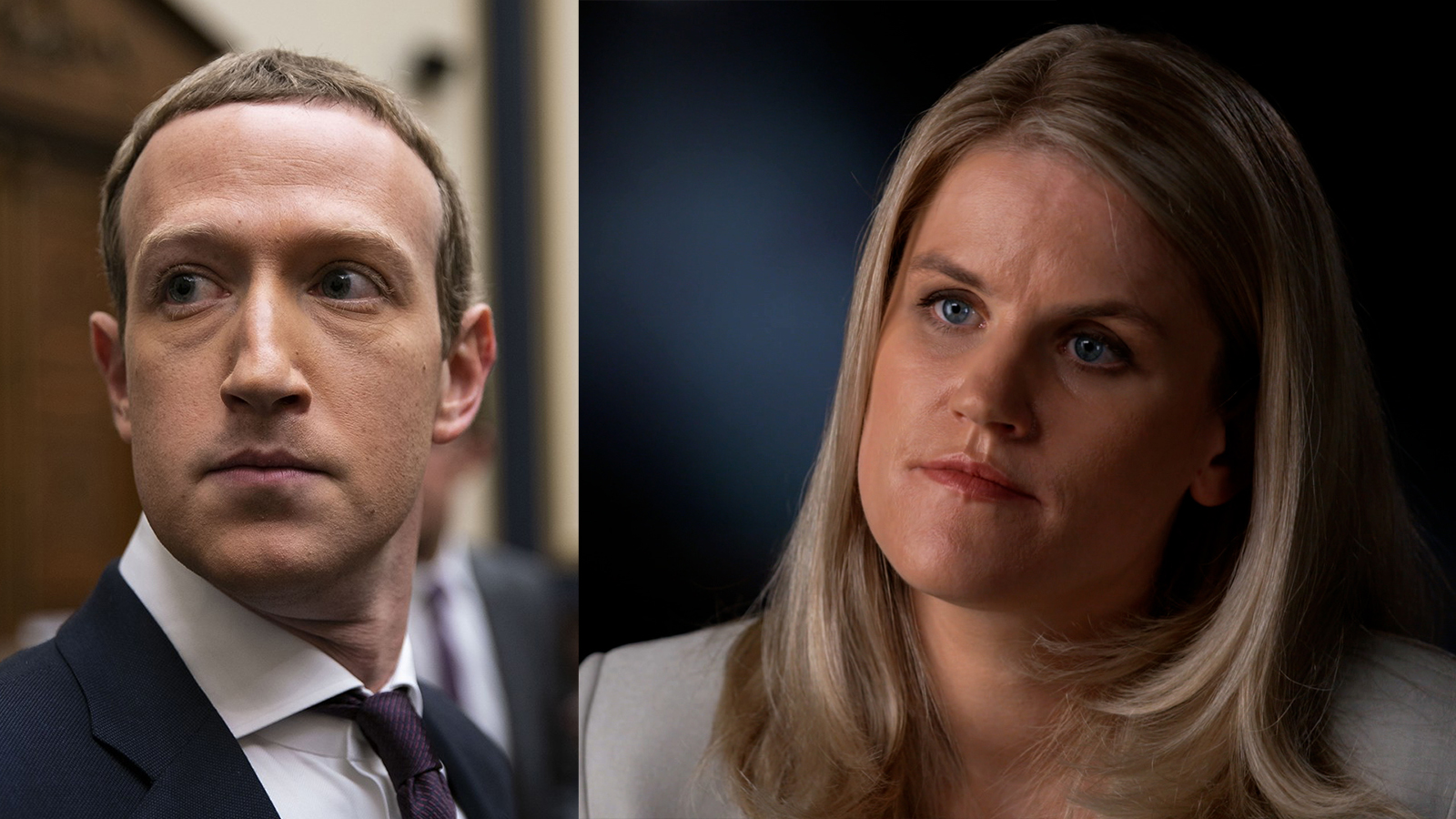Hitting Back at a Whistleblower? You Suck, Zuck.

A former Facebook employee testified to U.S. politicians that the company’s sites and apps harm children’s mental health and stoke division in society. (Which I personally believe is true about many social media sites.) Frances Haugen, a former product manager turned whistleblower, heavily criticized the company at a recent Senate hearing.
Mark Zuckerberg’s response? The founder hit back, saying the latest accusations are at odds with the company’s goals. In a letter to employees, he said many of the claims were “illogical” and pointed to Facebook’s efforts to fight harmful content.
My response? You suck, Zuck. Why? Because when senior leaders attack courageous, ethical whistleblowers, it stops people in organizations from coming forward with their own stories of unethical and immoral behavioral. Zuckerberg’s response instills fear and encourages employees in all countries in all industries to keep their mouths shut.
And herein lies what’s wrong in business. Leaders wield enormous amounts of power, so employees don’t feel that they can speak up without repercussions, and poof: massive employee disengagement.
Jill, What Can I Do? This is a tough one, because unless you run your company, your hands are tied. You are at the mercy of your senior leadership team and how they want to respond if a whistleblower comes forward. But day-to-day, there is something you can do: work to build a two-way communication culture, where employees have a voice, are respected, and their voice is heard. This one thing can catapult engagement, retention, and trust in senior leaders. Priceless.

